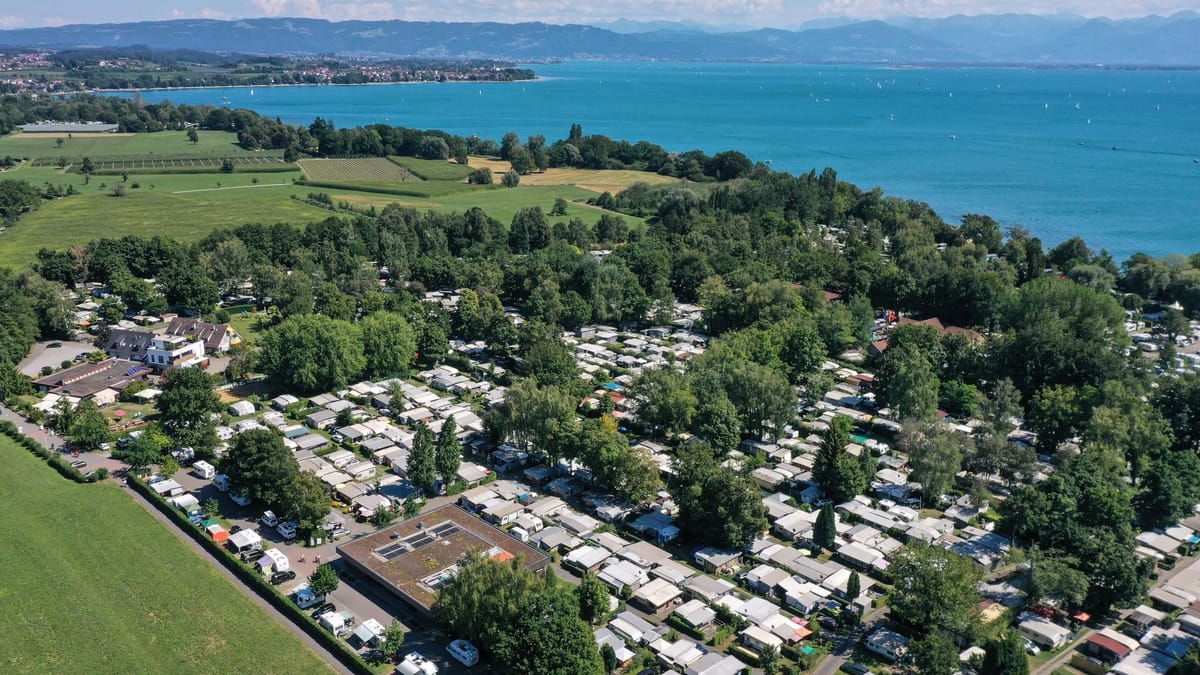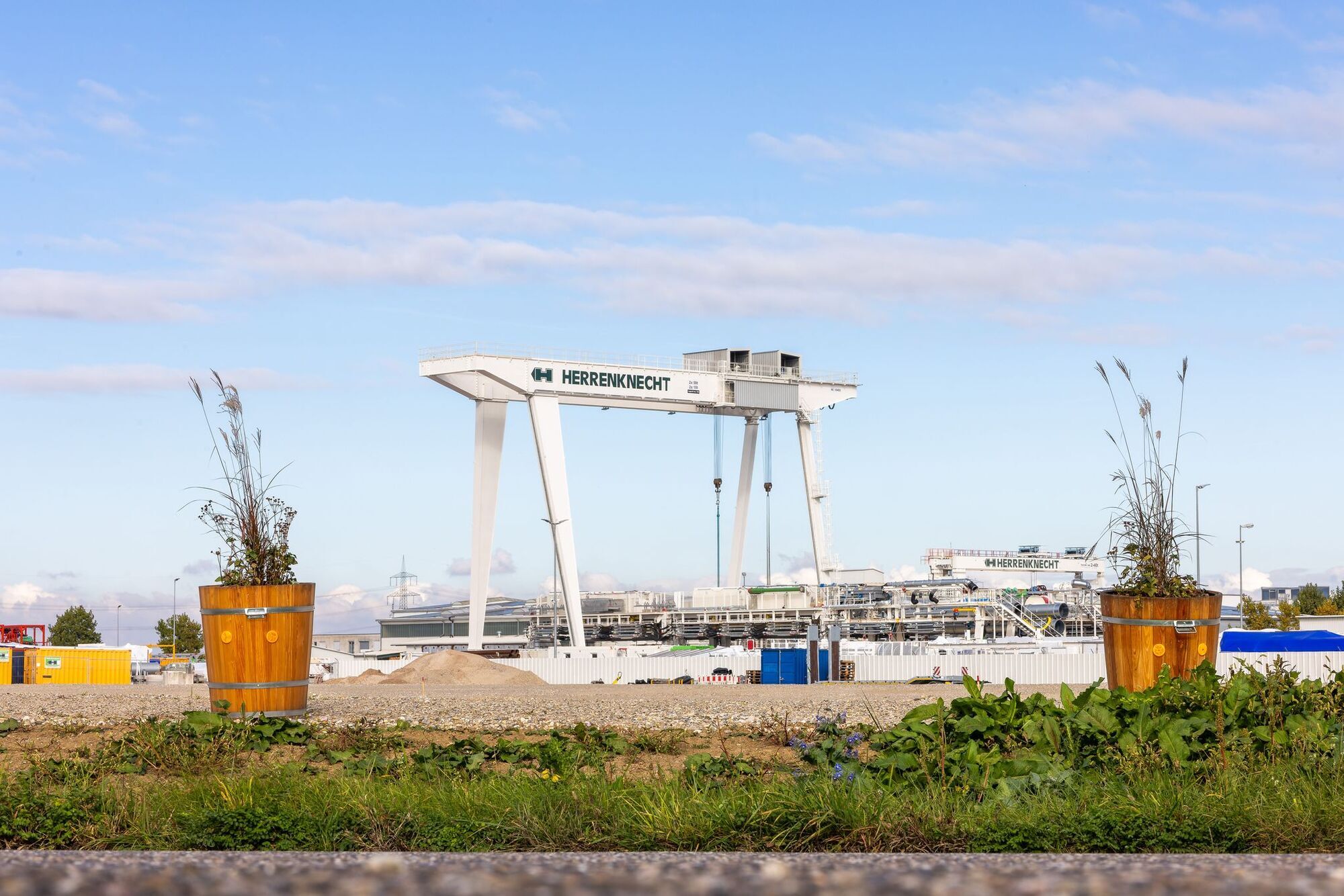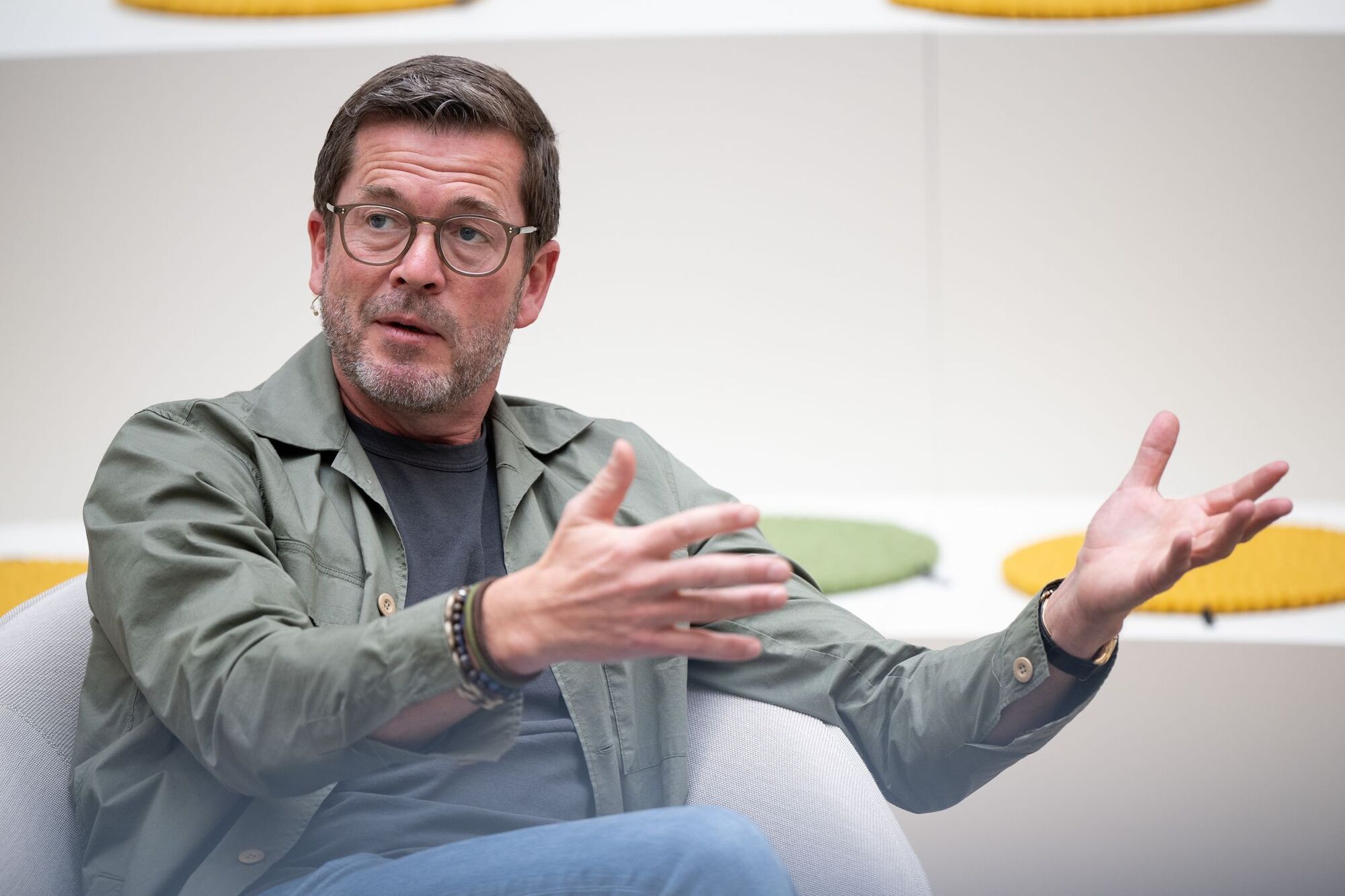
European interior ministers are advancing discussions to establish return centers for rejected asylum seekers near their countries of origin, with German Interior Minister Alexander Dobrindt leading the initiative. At a high-level meeting in Munich scheduled for Saturday, ministers from multiple EU nations and EU Migration Commissioner Magnus Brunner will deliberate on the creation of these facilities, known as 'return hubs.' The centers aim to house individuals whose asylum claims have been denied but who cannot be immediately repatriated, marking a significant step in Europe's efforts to streamline its migration policy.
The concept involves situating these hubs as close as possible to the migrants' home countries to facilitate quicker returns, though specific locations remain undecided. Dobrindt emphasized the need for enhanced cooperation among EU member states, acknowledging that unilateral implementation by the European Union is unlikely. He advocates for establishing EU legal frameworks to support the centers but is also pursuing a 'networked cooperation' of individual member states if Brussels fails to deliver a solution, drawing inspiration from similar British and Italian models with third countries.
This push is part of a broader strategy by Germany's coalition government to tighten migration rules, which Dobrindt has termed a 'migration turnaround.' Despite a notable decline in asylum applications—with 78,246 first-time claims in Germany from January to August, roughly half the number from the same period last year—the government is focusing on stricter enforcement of return obligations. The approach combines deterrence, pressure, and integration, with Dobrindt stating that those who integrate and work have a chance to stay, while others must face enforced departure.
Previous discussions on this topic took place in July on the Zugspitze, underscoring the urgency European leaders attach to migration management. While the German government and EU partners explore legal and logistical frameworks for the return hubs, critics argue that the plan may amount to symbolic politics with shaky legal foundations. The outcome of the Munich meeting could set the stage for a coordinated European response, aiming to alleviate pressure on municipalities and create a more efficient asylum return process.

MUNICH — Knorr-Bremse AG, the German manufacturer of braking systems for trucks and trains, announced on Monday it has agreed to acquire Dutch digital services platform TRAVIS Road Services International B.V. The deal, valued in the mid-double-digit million-euro range, represents the latest...

Baden-Württemberg's camping industry is poised for a record-breaking year, with camping enthusiasts flocking to popular regions like the Black Forest and Lake Constance. Kurt Bonath, chairman of the State Association of the Camping Industry in Baden-Württemberg, reported that many campground...

Thyssenkrupp Marine Systems (TKMS), Germany's largest naval shipbuilder, made a strong debut on the Frankfurt Stock Exchange Monday, with shares trading significantly above initial expectations. The stock opened at €60 per share, far surpassing analyst forecasts of approximately €36, and...

The small German municipality of Schwanau in Baden-Württemberg has become the unlikely stage for an escalating conflict between local government and one of the region's largest employers. The dispute centers around approximately 20 flower pots installed by the municipality two months ago...

Former German Defense Minister Karl-Theodor zu Guttenberg has firmly rejected media interpretations suggesting he supports softening the Christian Democratic Union's so-called "firewall" against the far-right Alternative for Germany (AfD). The CSU politician told Deutsche Presse-Agentur in...